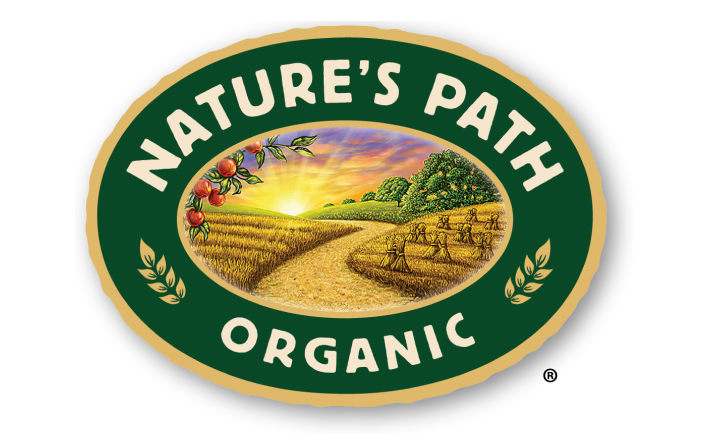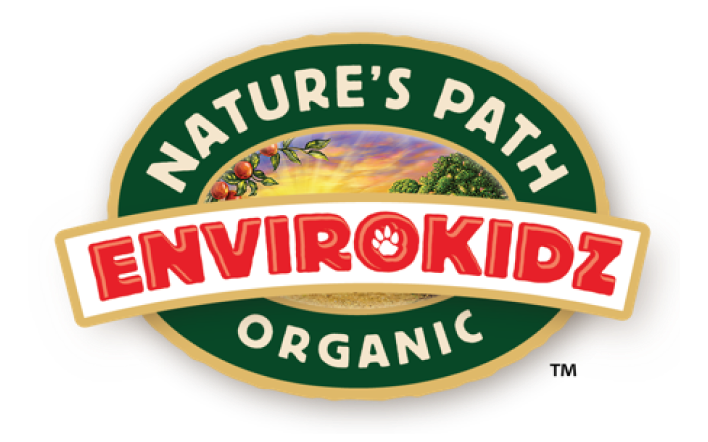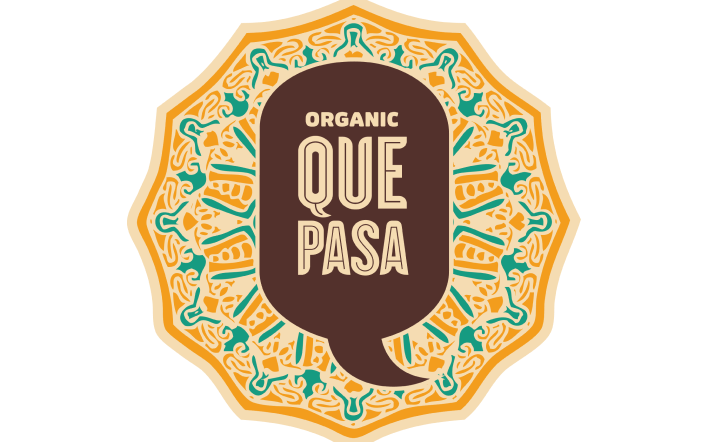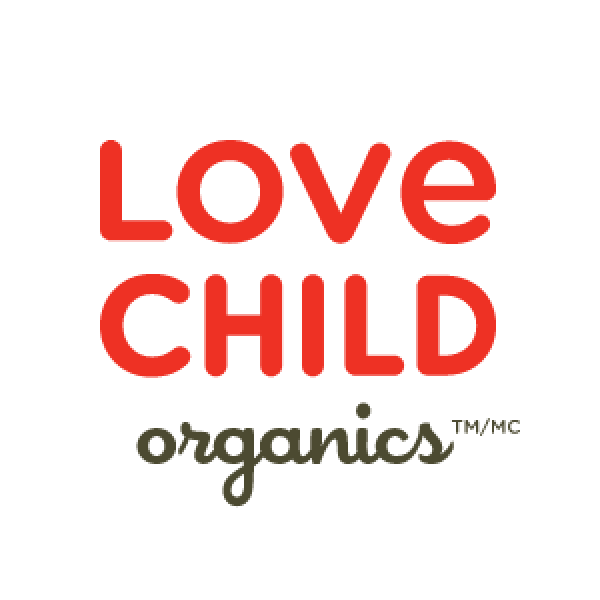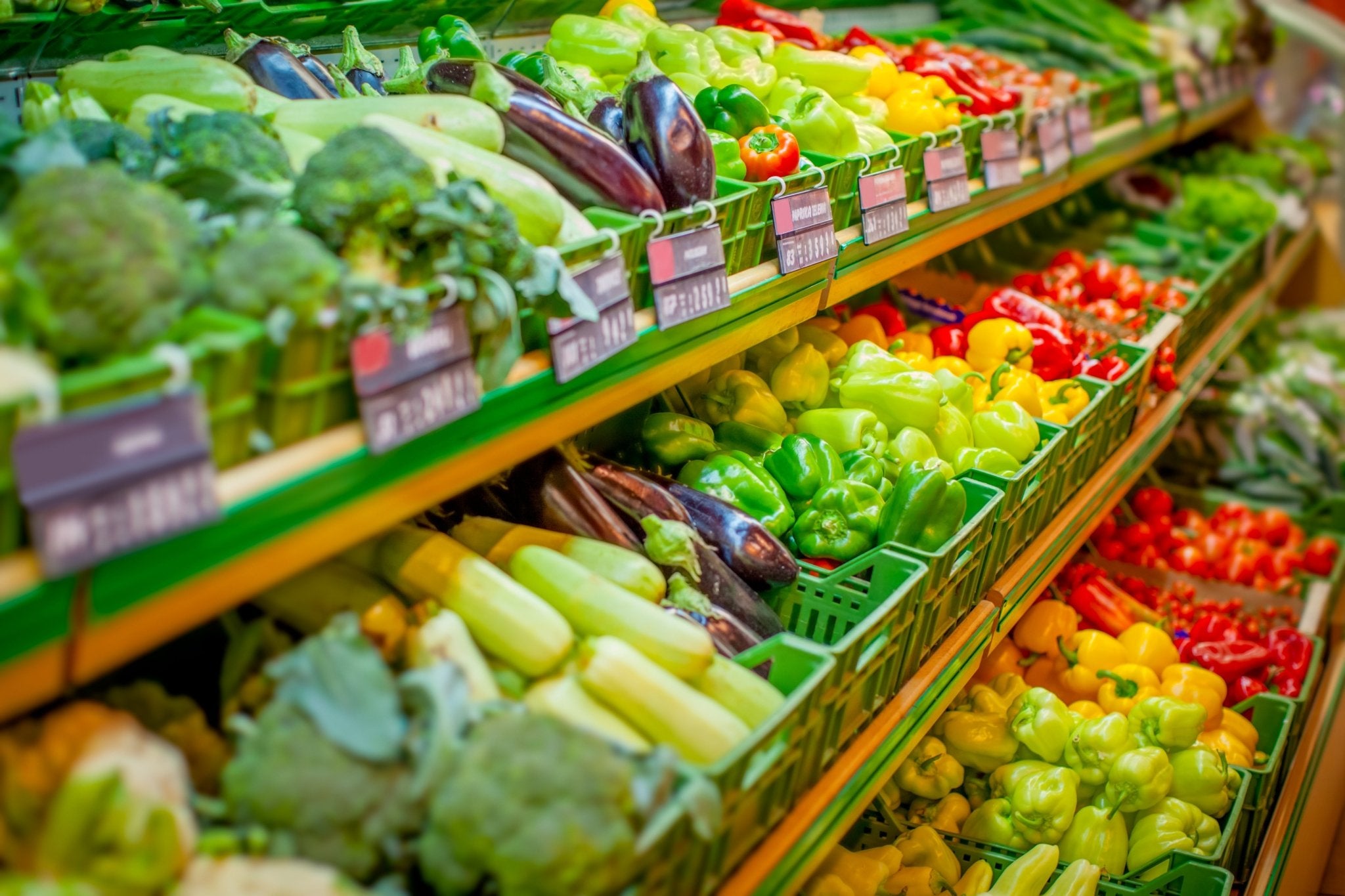
5 Ways the Organic Movement Could Make Food More Affordable
Tags:
Organic food is well-known for its high price point, which has presented a marketing dilemma for organic farmers and food producers from the beginning. It’s been a long process of agricultural improvements, consumer education, and diversification of organic products, but what started as a grassroots movement has grown into a respected and profitable industry. Demand for organic continues to grow and doesn’t show signs of stopping any time soon.
It’s true that organic food commands a premium price at the grocery store, but that terminology doesn’t tell the whole story. Farmers don’t get a premium price for growing organic foods simply because they are trendy (though limited supply and high demand for organic products does enter into the equation). They get more for their product because they put more into it. Organic farming requires more labor and slower technologies, like building soil fertility with compost or cover crops rather than a quick spray of ammonium nitrate. Because of strict organic standards, organic farmers and food producers must follow more rules. All of these extras add extra percentage points to the organic price tag, but they also more closely approximate the true cost of food.
While organic prices may appear more expensive today, that won’t always be the case. Shifts in the global economy stand to close the gap between conventional and organic products, exposing the Achilles’ heel of conventional farming. They have artificially low pricing dependent on a brief and quickly ending era of cheap fossil fuels, a relatively stable climate cycle, and government policies (such as commodity crop subsidies) that benefit large-scale, monocrop farming. As these foundational elements of modern agriculture shift, organic is better-suited to weather the changes.


